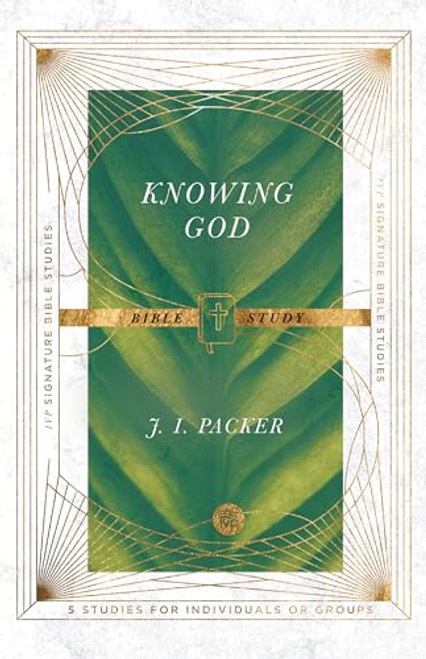For years I had been looking for a way to heal the split between the academic study of the Scriptures and the issues of life. For it was the Bible's way of addressing me that had led me into biblical scholarship in the first place. The sharing of those life-shaking truths was the very vocation to which I had felt so unmistakably called. For a time my generation of scholars was able to light our lamps at the fading flames of what Barth and Bultmann had achieved. When we were on our own, however, it was back to academic scholarship-as-usual. Even our concern for 'biblical theology' was largely academic; we assumed that pastors and laity could make the connections to their own lives. More disastrously, we assumed that the ideas were all that counted, all that had to be applied. So we were a little hurt, and considerably mystified, when a growing chorus of voices outside academia insisted that what we were doing was not addressing human existence.
It was not until I became a parish minister in southeast Texas, however, that I recognized how profound this split had become. There, faced with the need to speak meaningfully twice a week from the biblical tradition, I discovered how isolated scholars had become from the pressures of living, how little of what they found fit to say had any applicability to preaching, to counseling, to the human struggles of those who regarded the Bible as somehow the key to life.
This was the pattern: scholars to the one side--like musicians so enamored of technique that they only practice scales; clergy and laity to the other--like people who love music but are too busy to learn to play. (excerpts from Chapter 1: Transformed by the Renewal of Our Minds)










